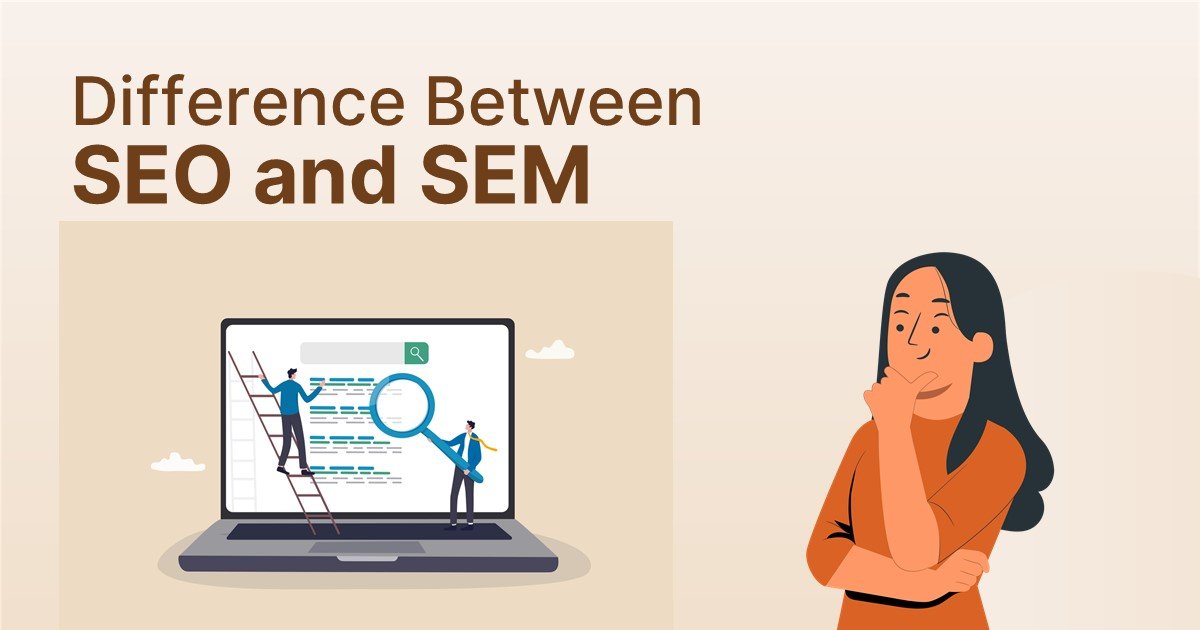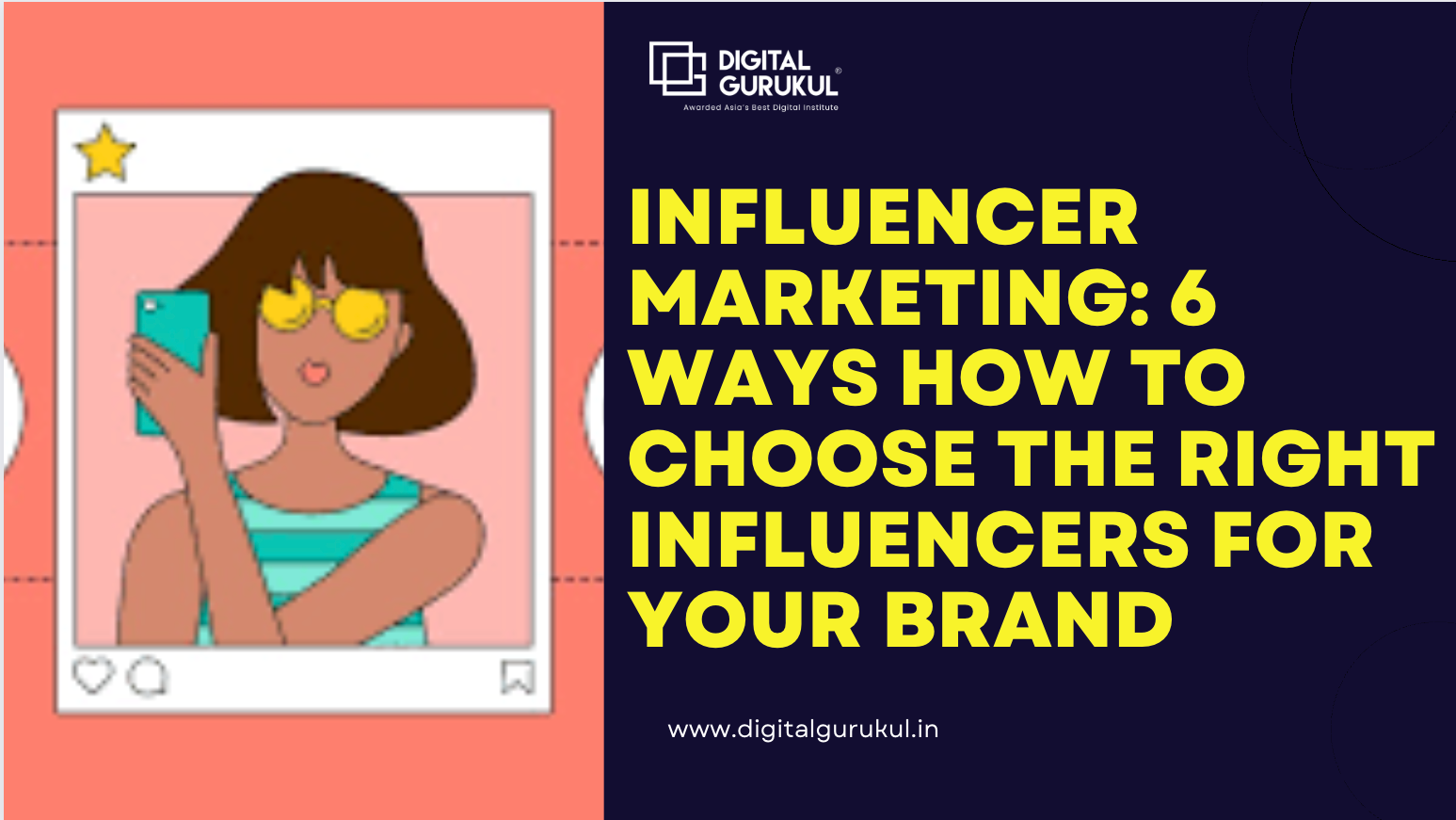In today’s digital age, influencer marketing has become one of the most effective strategies for brands to connect with their audience. Even small businesses can benefit from this powerful marketing tool. Whether you’re looking to expand your reach or build trust, influencer marketing offers a cost-effective solution to gain exposure. If you’re new to influencer marketing, you may be wondering where to start. Just like how you can play blackjack online to improve your strategy, learning the basics of influencer marketing will help you make informed decisions. Here’s how you can get started.

What is Influencer Marketing?
Influencer marketing involves partnering with individuals (influencers) who have a substantial following on social media or other online platforms. These influencers promote products or services to their followers, providing businesses with access to a targeted and engaged audience. Influencer marketing allows small businesses to leverage the trust that influencers have built with their audience.
Why Should Small Businesses Use Influencer Marketing?
There are several reasons why small businesses should consider influencer marketing:
-
Cost-effective: Compared to traditional advertising, influencer marketing can be more affordable and accessible.
-
Increased reach: By working with an influencer, your brand can quickly reach a wider audience, especially those you may not have access to through organic methods.
-
Build trust: Influencers have built strong relationships with their followers. When they recommend a product or service, it feels more authentic and trustworthy.
-
Engagement: Influencers’ content often generates high engagement rates, ensuring your message reaches active and interested individuals.
How to Choose the Right Influencers for Your Brand
Choosing the right influencers is crucial for the success of your campaign. Here’s how to find influencers that align with your brand:
-
Define your goals: What do you want to achieve with your influencer marketing campaign? Whether it’s increasing brand awareness, generating leads, or driving sales, having clear goals will help you choose the right influencers.
-
Target audience: Find influencers whose followers match your target market. Pay attention to factors such as age, location, interests, and demographics to ensure a perfect fit.
-
Engagement rate: Look at the level of engagement (likes, comments, shares) an influencer’s posts receive. A high engagement rate usually means their followers are active and genuinely interested in their content.
-
Authenticity: It’s important to choose influencers who align with your brand values. Their content should feel natural and authentic, not forced or overly promotional.
Types of Influencers to Consider
-
Micro-influencers: These influencers typically have smaller but highly engaged audiences. They often have better engagement rates and can be more cost-effective for small businesses.
-
Macro-influencers: These influencers have larger audiences and can reach a broader range of potential customers. They may require a higher budget, but they can provide greater exposure.
-
Local influencers: For small businesses with a local focus, partnering with local influencers can help target customers within your area.
Crafting Your Influencer Marketing Campaign
Once you’ve selected the right influencers, it’s time to create a strategy for your campaign. Here are the key steps:
-
Set your budget: Determine how much you’re willing to spend on influencer collaborations. Consider whether you’re offering products, compensation, or both.
-
Create clear guidelines: Be clear about what you want the influencer to promote. Set expectations for deliverables, such as how many posts, when they will be published, and what type of content you’d like.
-
Track results: Use tracking tools to measure the success of your campaign. Monitor metrics such as website traffic, sales, or social media engagement to determine your return on investment (ROI).
Tips for Success in Influencer Marketing
-
Build relationships: Take the time to build authentic relationships with influencers. A long-term partnership can be more beneficial than a one-time collaboration.
-
Leverage user-generated content: Encourage influencers to create content that their followers can engage with. This can increase brand awareness and boost credibility.
-
Stay flexible: Influencer marketing requires adaptability. Don’t be afraid to tweak your campaign based on feedback and results.
Conclusion
Influencer marketing can be a game-changer for small businesses looking to grow their brand and reach new customers. By selecting the right influencers, crafting a clear strategy, and staying engaged with your audience, you can see positive results.




